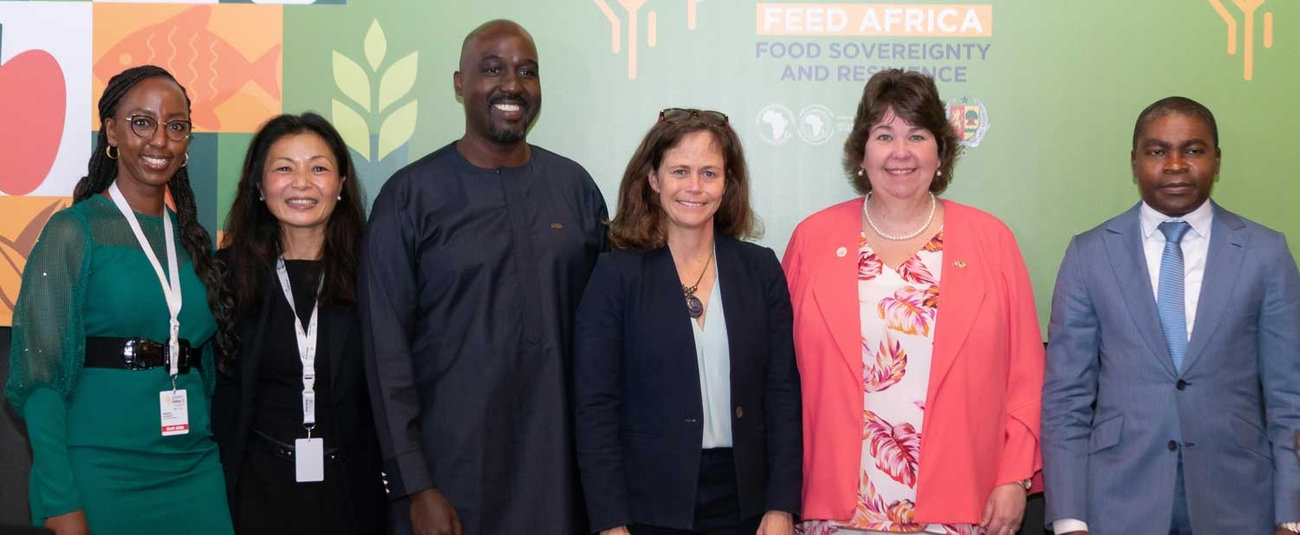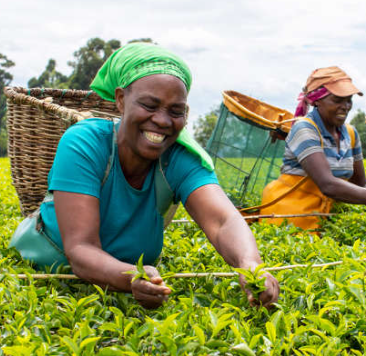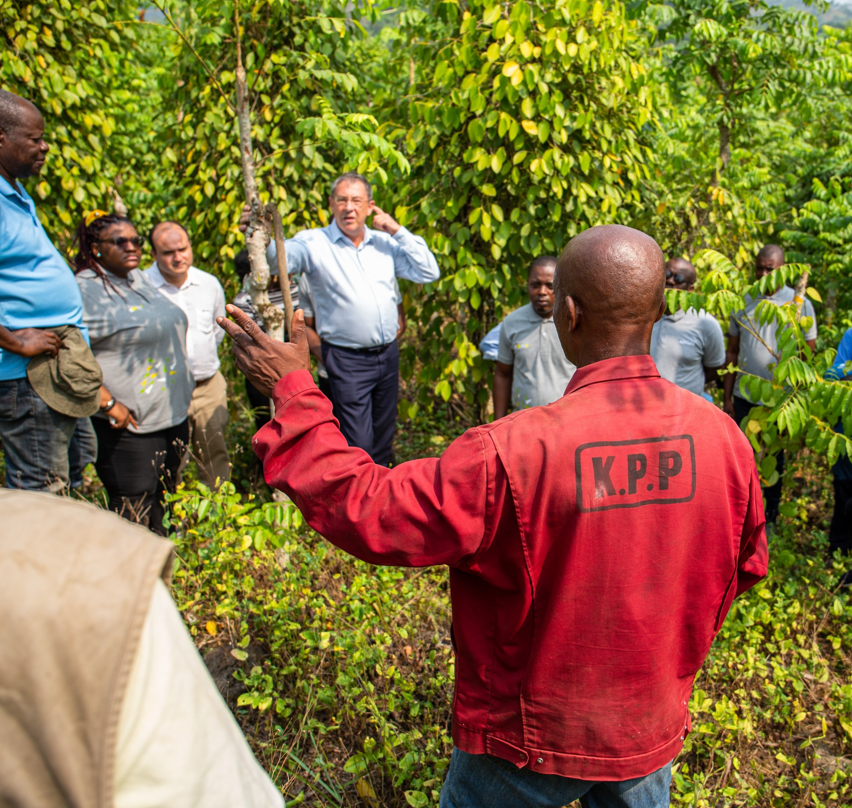The African Development Bank Group and the Government of Canada have established a new special fund to support Africa’s small and medium-sized enterprises (SMEs) in the agriculture sector.
The Agri-food SME Catalytic Financing Mechanism aims to catalyze and de-risk investment for agriculture SMEs, as well as strengthen agricultural value chains and improve food security across the continent. The two organisations made the announcement at a press event on 27 January held during the Dakar 2 Africa Food Summit.

Photo: African Development Bank (AfDB)
“At the Africa Food Summit, we have seen a strong commitment to addressing the financing gap for SMEs and creating an environment that encourages private sector investments in climate-smart, gender-oriented agricultural solutions,” Dr. Beth Dunford, the Bank’s Vice President for Agriculture, Human and Social Development told reporters. “The Agri-food SME Catalytic Financing Mechanism will help unlock opportunities for these businesses in Africa, particularly for women and youth,” she said.
Canada contributed CAD 100 million ($73.5 million) to fund the mechanism, which is hosted by the African Development Bank. Small and medium agri-businesses produce, process or transport around 65% of Africa’s food, yet they face a financing gap of more than $180 million annually.
The mechanism will provide concessional finance and technical assistance to financial intermediaries including agribusinesses, micro-finance institutions and impact funds. The finance and assistance aim to enable the intermediaries to make loans to agri-SMEs working with women, and businesses that build resilience to climate change.
The Agri-food SME Catalytic Financing Mechanism will add to the Bank Group Affirmative Finance Action for Women in Africa’s (AFAWA) goal of closing the $42 billion access to finance gap for women-led SMEs and to accelerate their growth.
The Mechanism represents the Bank’s first blended financing facility to specifically target SMEs operating across the agricultural value chain. It mobilizes public funds to de-risk agricultural financing, crowds in support to make SMEs more bankable, and collaborates with providers of capital to make banks more ‘agriculture-friendly’.
“The best way to build up food security in Africa is to work with small-and-medium-sized agriculture and food businesses. Through a shared commitment between Canada and the African Development Bank, the Agri-food SME Catalytic Financing Mechanism will advance resilient growth and climate adaptation. It will also help African SMEs to pursue climate smart models, and support women by shifting attitudes that perpetuate gender gaps in financial inclusion,” said Anita Vandenbeld, Parliamentary Secretary to Canada’s Minister of International Development.
Structured as multi-donor trust fund, the Mechanism is open to and welcomes the participation and contribution of other development partners. By co-financing with the African Development Bank’s financial instruments, the Mechanism will increase the quantum of attractive capital de-risking agri-SMEs and leverage more private sector finance toward impactful agri-food sector investments.
The Dakar 2 Summit, held under the theme Feed Africa: Food Sovereignty and Resilience, is a high-level continental conference hosted by President Macky Sall of Senegal and the African Development Bank Group. Thirty-four heads of state attended.
The Dakar 2 Summit also drew agriculture and finance ministers, Central Bank governors, private sector representatives, farmer organizations and development partners to mobilize high-level political will and financial resources toward Africa’s agricultural transformation.
This article was originally published by AfDB.

